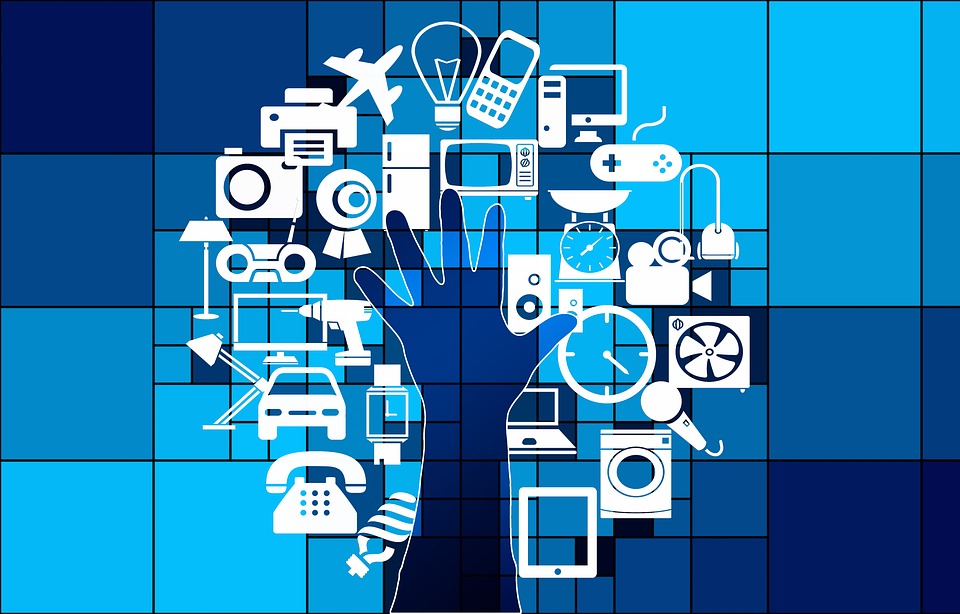The report is based on what the company calls the intelligent digital mesh.
The advisory firm Gartner has released a report on the technology trends that will reshape business in 2018. Among them are artificial intelligence, immersive experiences, and event thinking.
The Gartner Top 10 Strategic Technology Trends for 2018 report is based on what the company calls the intelligent digital mesh, “the entwining of people, devices, content and services. It’s enabled by digital models, business platforms and a rich, intelligent set of services to support digital business.”
The top 10 trends are:
- AI Foundation. The ability to use AI to enhance decision making, reinvent business models and ecosystems, and remake the customer experience will drive the payoff for digital initiatives through 2025.
- Intelligent Apps and Analytics. Over the next few years every app, application and service will incorporate AI at some level. AI will run unobtrusively in the background of many familiar application categories while giving rise to entirely new ones.
- Intelligent Things. AI and machine learning will increasingly appear in a variety of objects ranging from smart healthcare equipment to autonomous harvesting robots for farms.
- Digital Twins. A digital twin is a digital representation of a real-world entity or system. In the context of IoT, digital twins are linked to real-world objects and offer information on the state of the counterparts, respond to changes, improve operations and add value.
- Cloud to the Edge. When implemented together, cloud is used to create the service-oriented model and edge computing offers a delivery style that allows for executions of disconnected aspects of cloud service.
- Conversational Platforms. These systems are capable of simple answers (How’s the weather?) or more complicated interactions. These platforms will continue to evolve to even more complex actions.
-
Immersive Experience. Augmented reality (AR), virtual reality (VR) and mixed reality will find new applications in business.
- Blockchain. The technology holds the promise to change industries, and although the conversation often surrounds financial opportunities, blockchain has many potential applications in government, healthcare, content distribution, supply chain and more.
- Event-Driven. With the advent of AI, the IoT, and other technologies, business events can be detected more quickly and analyzed in greater detail. Enterprises should embrace “event thinking” as part of a digital business strategy.
- Continuous Adaptive Risk and Trust. This tool allows for real-time, risk and trust-based decision making with adaptive responses to security-enable digital business.
This article from Observatory of the Institute for the Future of Education may be shared under the terms of the license CC BY-NC-SA 4.0 
)
)


)